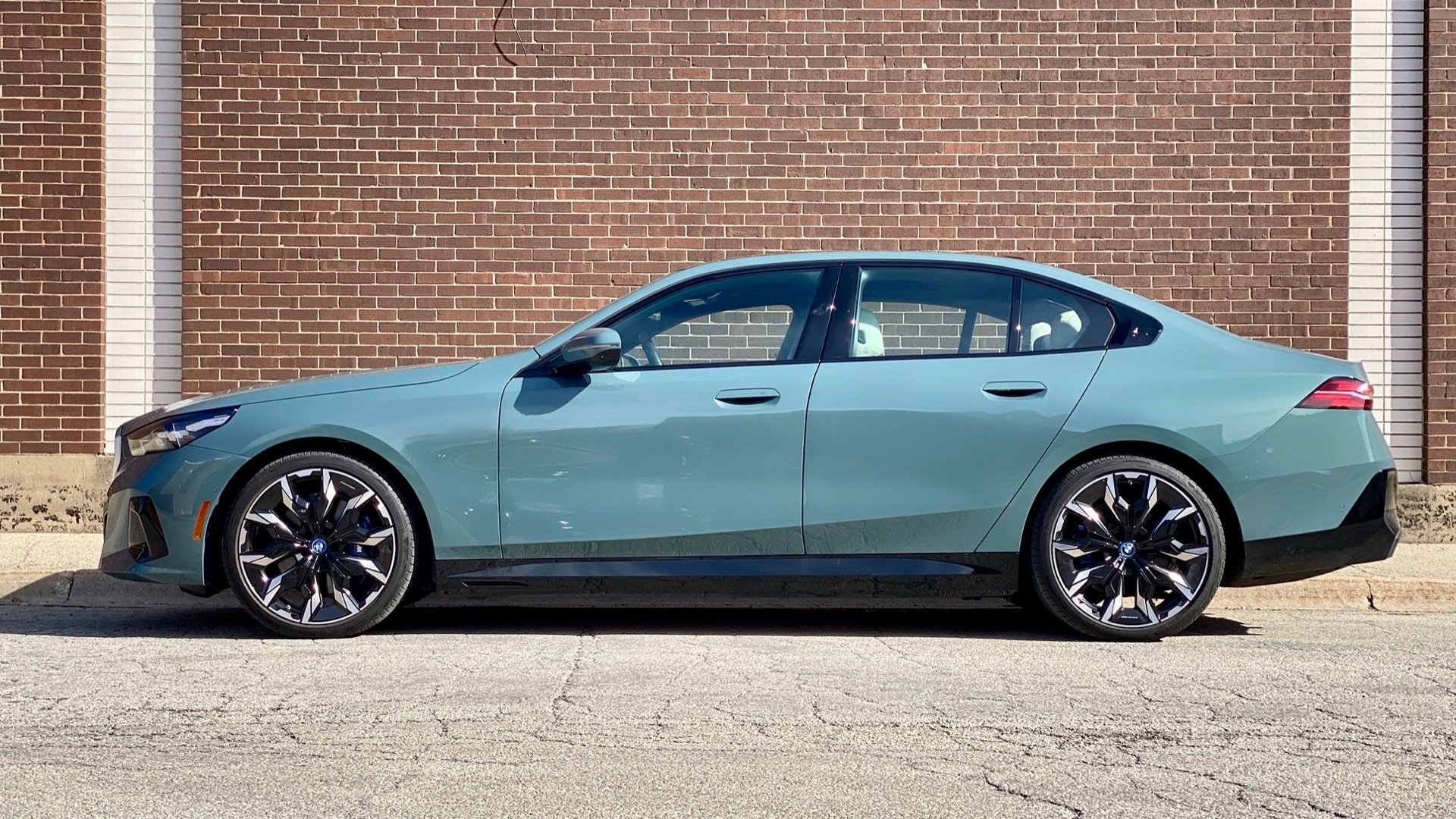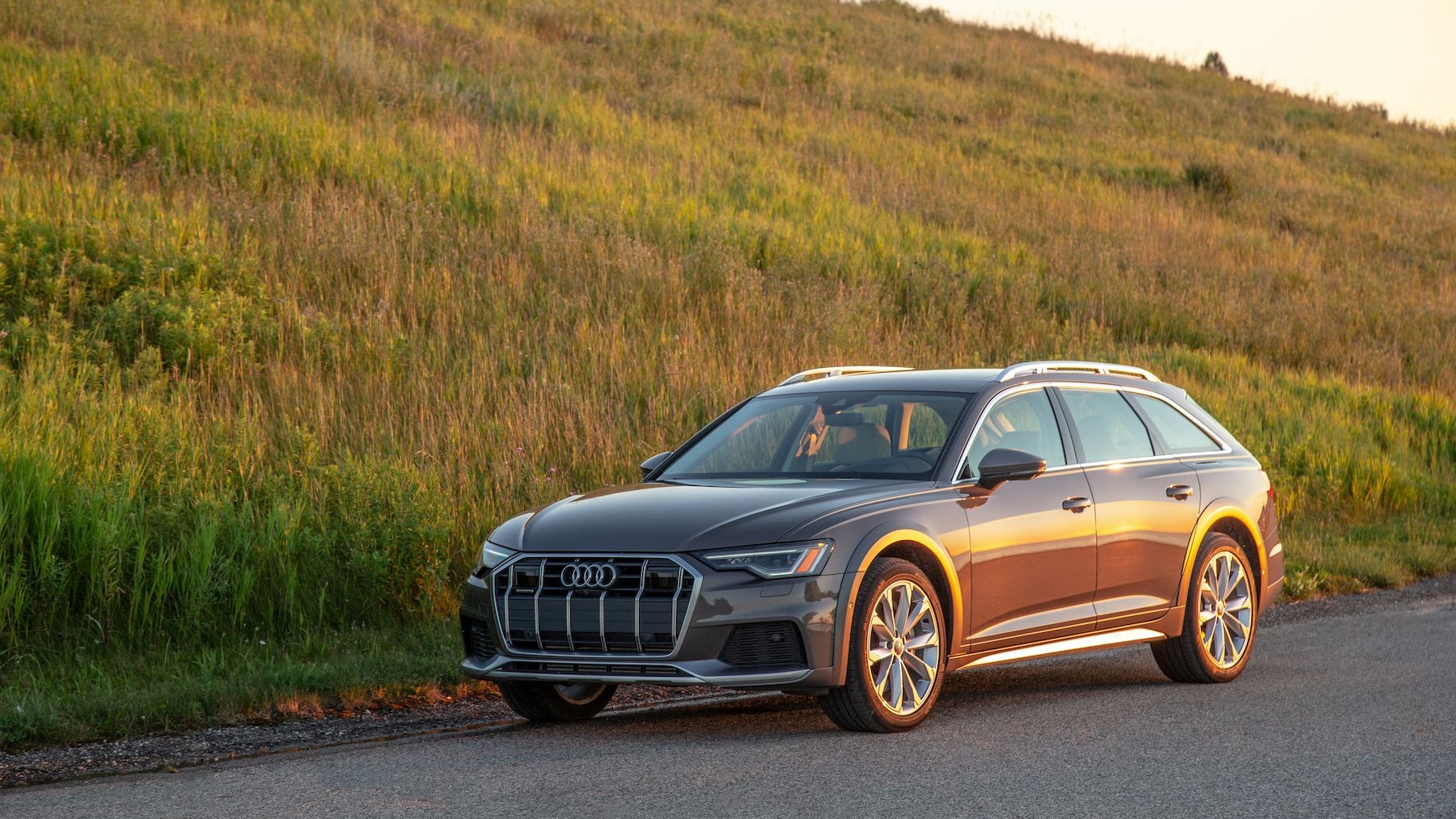BMW is gearing up for the start of production of its seventh-generation 5-Series.
Already spied extensively in prototype form, the new sedan and wagon adopt the carbon fiber-infused platform of the larger 7-Series as well as that model’s production line at BMW’s plant in Dingolfing, Germany.
The plant is also home to production of the current 5-Series as well as the 6-Series and some 3-Series and 4-Series models. As a result, the plant is at full capacity, churning out around 350,000 vehicles per year.
Because of the strong demand—BMW delivered 347,000 5-Series models in 2015—the automaker will outsource some production of the new 5-Series to independent vehicle manufacturer Magna Steyr’s plant in Graz, Austria. Production of the new 5-Series will commence in Dingolfing in late 2016 and in Graz in early 2017. BMW will also continue 5-Series production in China with its local partner Brilliance, though the Chinese-made examples won’t be exported.
The Magna Steyr plant built a version of the X3 between 2003 and 2010. At the time it was BMW’s most reliable car, according to Germany’s ADAC. The plant currently builds the Mini Countryman and Paceman for BMW but will cease this in 2016. Production of the new, second-generation Countryman will be handled at independent vehicle manufacturer VDL Nedcar of the Netherlands, where some existing Minis are built. Meanwhile, the Paceman will be dropped from the lineup.
BMW is also expected to call on the Magna Steyr plant for the replacement for the current Z4, a model thought to be called the Z5. It’s been reported that the so-called Z5 will enter production at the Graz plant in 2018 and will later be joined by production of Toyota’s new Supra, which shares its platform.



